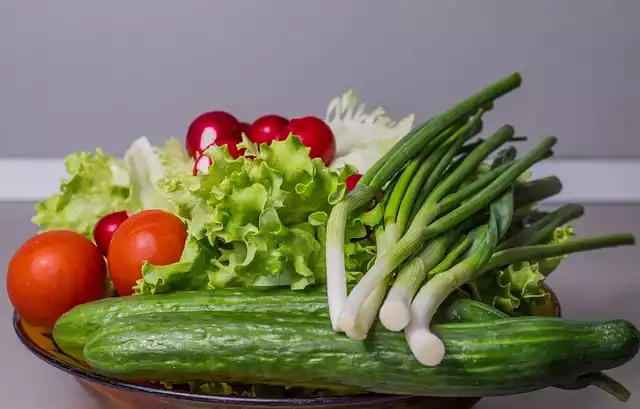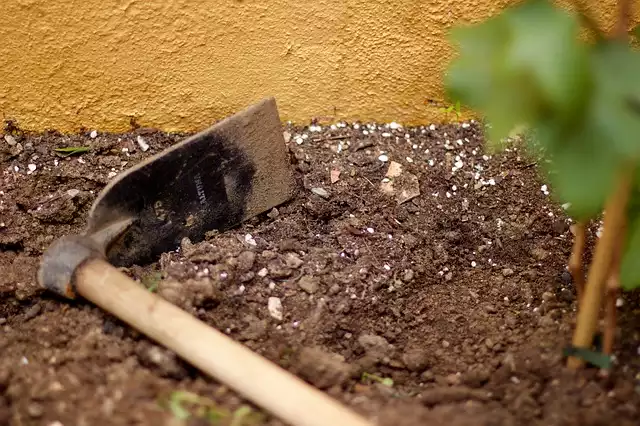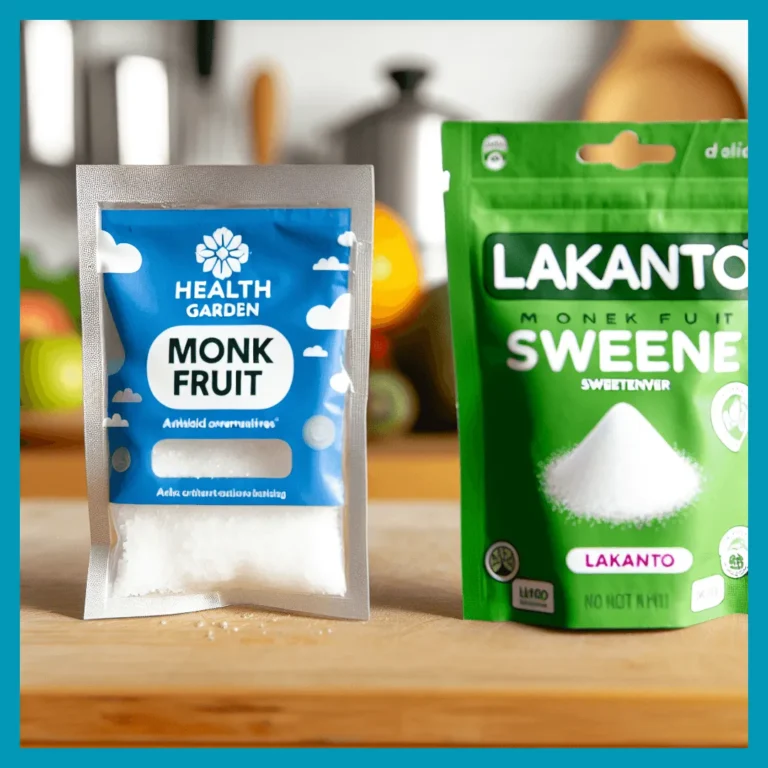Organic Vegetable Gardening
Imagine plunging your hands into the earth, feeling the vibrancy of life pulsate through your fingers as you sow seeds that promise not just sustenance but a reconnection with nature.
This is the essence of organic vegetable gardening, a practice that goes beyond mere cultivation to embrace an environmentally friendly lifestyle that nourishes both body and soul.
In this realm, every plant tells a story of organic integrity and dedication to preserving the health of our planet.
It’s an adventure where the fruits and vegetables on your plate are not just food, but symbols of a commitment to sustainable living.
Embarking on an organic vegetable gardening journey introduces you to an exciting world where chemicals have no place, and natural harmony reigns supreme.
You’ll learn ancient practices reborn in modern times, where companion planting and natural pest control techniques unveil nature’s own logic in creating balance and abundance.
This article promises to guide you through the thrilling process of transforming even the smallest patch of earth into a thriving ecosystem bursting with freshness and flavor.
Join us as we dig deeper into organic vegetable gardening—an endeavor that turns backyards into sanctuaries and gardeners into guardians of Earth’s future.
Table of Contents Organic Vegetable Gardening
Benefits of Growing Your Own Organic Vegetables
Cultivating your own organic vegetables offers a multitude of advantages that extend far beyond just having fresh produce readily available.
Firstly, by growing your own vegetables, you have complete control over the entire cultivation process, ensuring that no harmful pesticides or chemicals are used.
This not only promotes healthier eating habits but also contributes to the overall well-being of the environment.
Additionally, organic vegetables are known to be richer in essential nutrients and antioxidants compared to their conventionally grown counterparts.
By consuming these nutrient-dense vegetables, you can enhance your overall health and well-being.
Moreover, engaging in organic vegetable gardening allows you to reconnect with nature and enjoy the therapeutic benefits of spending time outdoors.
The physical activity involved in tending to your garden also provides an opportunity for exercise and stress reduction.
Finally, growing your own organic vegetables can also lead to cost savings in the long run as you reduce your dependence on store-bought produce.
With all these benefits combined, there is no doubt that organic vegetable gardening is a rewarding and sustainable practice worth pursuing.
Essential Tools for Organic Gardening
A successful organic vegetable garden requires the use of essential tools that can help streamline the cultivation process and ensure optimal growth.
One indispensable tool is a high-quality hand trowel, which allows for precise planting and transplanting of seedlings.
A durable garden hoe is also essential for effectively breaking up soil clumps and removing weeds, while a sturdy garden fork helps to aerate the soil and promote healthy root development.
Additionally, a reliable pair of pruners is indispensable for pruning and harvesting vegetables, while a watering can or hose with a spray nozzle is vital for providing the necessary moisture to plants.
Lastly, a compost bin or composting tool is crucial for recycling organic waste into nutrient-rich compost, which can be used to enrich the soil and promote healthy plant growth.
By investing in these essential tools, organic gardeners can optimize their gardening experience and achieve bountiful harvests of nutritious, chemical-free vegetables.
Choosing the Right Organic Seeds
When it comes to organic vegetable gardening, selecting the right organic seeds is fundamental for achieving a successful and productive garden.
Quality organic seeds ensure that your plants will grow into healthy, flavorful, and disease-resistant vegetables.
It is crucial to source your seeds from reputable suppliers who specialize in organic and heirloom varieties.
Look for seeds that are certified organic, as this guarantees that they have been produced without the use of synthetic chemicals or genetically modified organisms.
Additionally, consider the specific needs and conditions of your garden, such as climate, soil type, and available space, when choosing the varieties of vegetables you want to grow.
Taking the time to carefully select and invest in high-quality organic seeds will contribute to the overall sustainability and long-term success of your organic vegetable garden.
Preparing Your Soil for Planting
To ensure optimal growth and nutrient absorption for your organic vegetable garden, it is essential to prepare your soil properly before planting.
Start by removing any weeds or debris from the area and loosening the soil using a garden fork or tiller.
This will help improve drainage and aeration.
Next, perform a soil test to determine its pH level and nutrient content.
Based on the results, you may need to make amendments to balance the pH or add organic matter such as compost or well-rotted manure to enrich the soil.
Incorporate these amendments into the soil thoroughly, ensuring they are evenly distributed.
Lastly, consider implementing a crop rotation plan to prevent nutrient depletion and control pests and diseases.
By taking the time to prepare your soil correctly, you are setting the foundation for healthy and thriving organic plants in your vegetable garden.
Companion Planting for Organic Gardens
Companion planting is a valuable technique that can greatly benefit your organic vegetable garden.
By strategically placing compatible plants together, you can enhance the health and productivity of your crops while naturally deterring pests and diseases.
For example, planting marigolds alongside tomatoes can help repel harmful insects like aphids and nematodes, while nasturtiums can deter beetles and squash bugs.
Additionally, certain plants have the ability to attract beneficial insects that prey on garden pests, such as ladybugs and lacewings.
For instance, planting flowering herbs like dill and cilantro can attract these beneficial insects, providing a natural form of pest control.
By incorporating companion planting into your organic gardening practices, you can create a harmonious and thriving ecosystem within your garden, promoting the overall health and vitality of your plants.
Natural Pest Control Methods
To further maintain a pest-free environment in your organic vegetable garden, there are several effective natural pest control methods worth considering.
One method is the use of insecticidal soaps and oils, which are derived from natural ingredients such as neem oil or potassium salts of fatty acids.
These products, when applied according to the instructions, can effectively control common pests like aphids, mites, and whiteflies without posing harm to beneficial insects or compromising the organic integrity of your garden.
Another approach is the deployment of physical barriers, such as floating row covers or netting, to prevent pests like cabbage worms or birds from accessing your crops.
Additionally, introducing beneficial insects like ladybugs or praying mantises can serve as a natural form of pest control as they prey on harmful insects.
By incorporating these natural pest control methods into your organic gardening practices, you can protect your vegetables from pests while maintaining the integrity of your garden’s organic ecosystem.
Harvesting and Storing Your Vegetables
Once your vegetables have grown to their optimal size and maturity, it’s important to know the proper techniques for harvesting and storing them to maintain their freshness and flavor.
When harvesting, it’s advisable to do so in the early morning when the temperatures are cooler, as this helps to preserve the vegetable’s nutrients and minimize wilting.
Use sharp, clean pruning shears or a knife to cut the vegetables from the plant, taking care not to damage the surrounding foliage or stems.
After harvesting, it’s essential to handle your vegetables with care to avoid bruising or crushing them.
Proper storage conditions are also crucial to prolong their shelf life.
Most vegetables benefit from being stored in a cool, dry place with good air circulation, such as a root cellar or refrigerator.
However, certain vegetables like tomatoes and cucumbers are best stored at room temperature to maintain their taste and texture.
By following these guidelines for harvesting and storing your vegetables, you can enjoy the fruits of your organic gardening efforts for an extended period.
Tips for Maintaining an Organic Garden
Maintaining an organic garden requires ongoing care and attention to ensure the health and productivity of your plants.
One important tip is to regularly monitor and manage pests and diseases using natural methods.
This can include handpicking insects, using insecticidal soaps or oils, or introducing beneficial insects like ladybugs or praying mantises.
Additionally, practicing crop rotation is crucial to prevent the buildup of pests and diseases in the soil.
By rotating your crops each year, you can break the life cycles of harmful organisms and maintain a healthy balance in your garden.
Another important aspect of organic gardening is proper soil management.
Regularly amending your soil with organic matter such as compost or well-rotted manure can improve its fertility and structure, promoting strong plant growth.
It’s also crucial to mulch your garden beds to suppress weeds, conserve moisture, and protect the soil from erosion.
Finally, practicing water conservation techniques such as drip irrigation and rainwater harvesting can help reduce water usage and promote sustainability in your organic garden.
By following these tips for maintaining an organic garden, you can cultivate thriving plants while minimizing the use of synthetic chemicals and promoting environmental stewardship.
In conclusion, the benefits of organic vegetable gardening are numerous and cannot be denied.
Not only does it promote a healthier lifestyle by providing fresh and nutritious produce, but it also helps protect the environment by using natural methods and avoiding harmful chemicals.
With careful planning and proper care, anyone can achieve a successful organic vegetable garden.
So let’s all do our part in promoting sustainable and healthy living by embracing the art of organic vegetable gardening.
FAQ
What are the benefits of using organic methods in vegetable gardening?
Organic methods in vegetable gardening promote healthy soil, reduce chemical exposure, support biodiversity, and produce nutritious and flavorful produce.
These practices also help conserve water, reduce pollution, and support sustainable farming practices for a healthier environment and ecosystem.
Overall, organic gardening is beneficial for both the environment and human health.
How can I control pests and diseases in my organic vegetable garden without using chemicals?
To control pests and diseases in your organic vegetable garden without using chemicals, you can implement various natural methods such as companion planting, introducing beneficial insects, using physical barriers like row covers, practicing crop rotation, maintaining healthy soil through composting, and regularly inspecting plants for any signs of pests or diseases.
Additionally, promoting biodiversity in your garden, keeping plants well-watered and properly spaced, and removing any infected plants promptly can help prevent and manage pest and disease issues organically.
Implementing these strategies can help maintain a healthy and thriving garden without the use of chemicals.
What are some common organic fertilizers and soil amendments that can be used in vegetable gardening?
Some common organic fertilizers and soil amendments for vegetable gardening include compost, manure, bone meal, fish emulsion, seaweed, and coffee grounds.
These natural materials help improve soil structure, provide essential nutrients, and promote healthy plant growth without the use of synthetic chemicals.
They can be used to enrich the soil before planting, as top dressing during the growing season, or as a mulch to retain moisture and suppress weeds.
Organic fertilizers and soil amendments are sustainable, environmentally friendly options that support healthy soil ecosystems and produce nutritious vegetables.
How can I attract beneficial insects to my organic vegetable garden to help with pollination and pest control?
To attract beneficial insects to your organic vegetable garden, plant a variety of flowering plants such as marigolds, lavender, and dill to provide food and habitat for them.
Avoid using chemical pesticides and opt for natural alternatives like neem oil or insecticidal soap to avoid harming the beneficial insects.
Install bee houses and butterfly feeders to attract pollinators.
Create diverse planting beds to encourage a healthy ecosystem.
Additionally, provide shelter like rocks, logs, or mulch for insects to hide and lay eggs.
Overall, creating a balanced and welcoming environment will attract beneficial insects to help with pollination and pest control in your garden.
What are some best practices for crop rotation and companion planting in organic vegetable gardening to promote healthy soil and plant growth?
Crop rotation in organic vegetable gardening involves alternating crops to prevent soil depletion and reduce pest and disease buildup.
It helps maintain soil fertility, balance nutrients, and prevent the recurrence of pests and diseases.
Companion planting, on the other hand, involves planting mutually beneficial plants together to improve growth, repel pests, and attract beneficial insects.
Some common principles include planting nitrogen-fixing legumes, rotating crops with different root depths, and grouping plants that benefit each other.
Both practices promote biodiversity, reduce the need for synthetic inputs, and contribute to healthier soil and plants in organic gardening.







